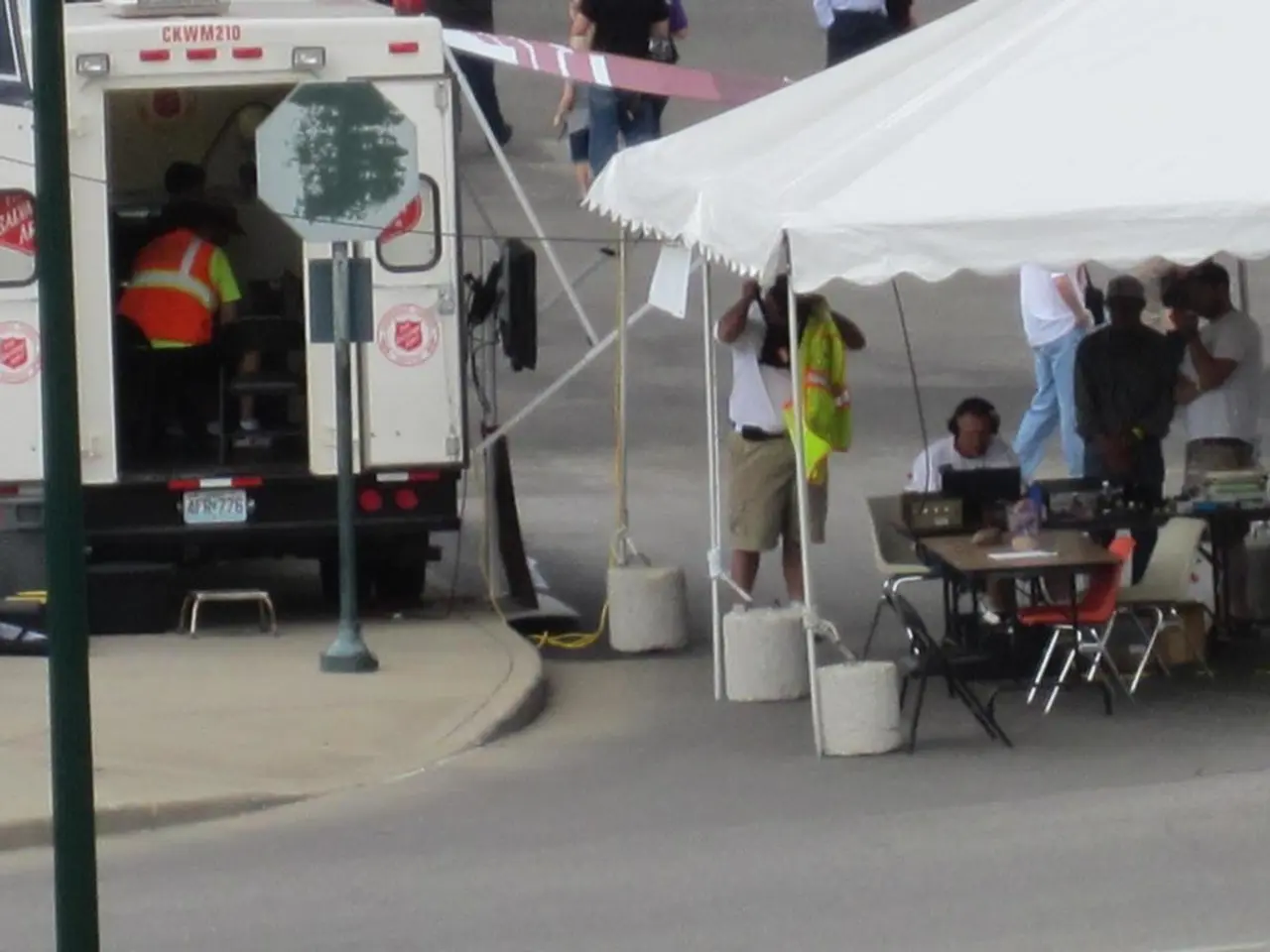Bill on assisted death advances in the Lords, with warnings issued to bishops to avoid impeding its progress
Terminally Ill Adults (End of Life) Bill Clears Second Reading in House of Lords
A significant milestone has been reached in the UK's parliamentary history as the Terminally Ill Adults (End of Life) Bill passed the second reading stage in the House of Lords. The Bill, which has been the subject of intense debate and scrutiny, is now set to undergo further examination by a select committee of peers.
The establishment of this select committee was initiated due to 'deep concern about the lack of detail in the assisted dying Bill and how it would work in practice.' Baroness Luciana Berger tabled an amendment that led to the formation of the committee.
The committee, consisting of around a dozen peers, is expected to be formally launched next month. It will be a cross-party Select Committee, with members from across the political spectrum. The committee will hear evidence and is expected to report by 7 November 2025.
The Bill's progression through Parliament has been met with varied responses. While some, like Baroness Berger, acknowledge that the Bill 'currently falls short' and needs 'incomplete protections' to be addressed, others have voiced concerns about its potential impact.
The Archbishop of York, Stephen Cottrell, expressed his reservations, stating that the Bill 'ruptures relationships' and 'turbocharges' difficult decisions for poor and vulnerable people. He asserted that his views represent those held by faith leaders across the nation.
Lord George Carey, a former Archbishop of Canterbury, warned that peers in the Lords and Church bishops risk their legitimacy if they attempt to block the Bill. He predicted that the Bill will eventually pass, either in this session or the next.
Dame Sarah Mullally, the Bishop of London, argued that the 'choice' to die is an illusion without 'fully-funded palliative and social care services.'
The debate on the Bill, which lasted around 12 hours in total, saw a diverse range of opinions expressed. Notably, Lord Carey is at odds with his religious colleagues on the issue, believing they are not representing their own Church in their opposition to the Bill.
The Bill passed the elected House after an unprecedented period of scrutiny and without a vote, which is usual for this stage of legislation in the House of Lords. This marks the furthest any such legislation has progressed through Parliament at Westminster.
The British public, however, appears to have commanding support for the Bill. The Bill's progression through Parliament is a testament to the public's desire for change on this sensitive issue.
Friday's debate on the Bill was attended by both the Archbishop of York, Stephen Cottrell, and the Bishop of London, Dame Sarah Mullally. The select committee's findings and recommendations will undoubtedly shape the future of this important legislation.
Read also:
- United States tariffs pose a threat to India, necessitating the recruitment of adept negotiators or strategists, similar to those who had influenced Trump's decisions.
- Weekly happenings in the German Federal Parliament (Bundestag)
- Southwest region's most popular posts, accompanied by an inquiry:
- Discussion between Putin and Trump in Alaska could potentially overshadow Ukraine's concerns








